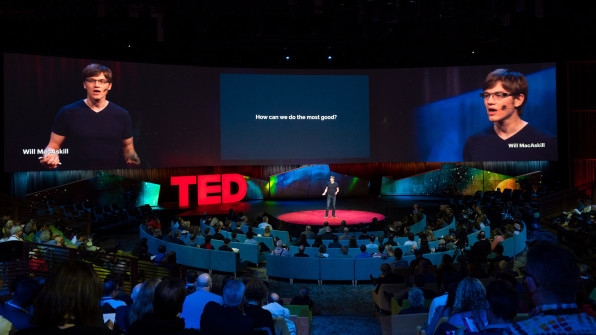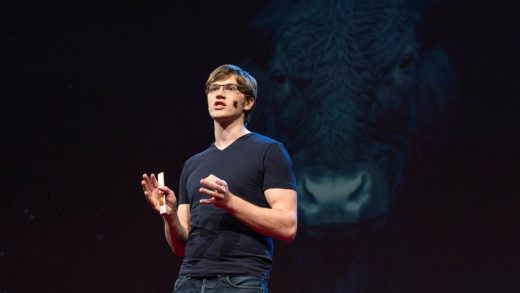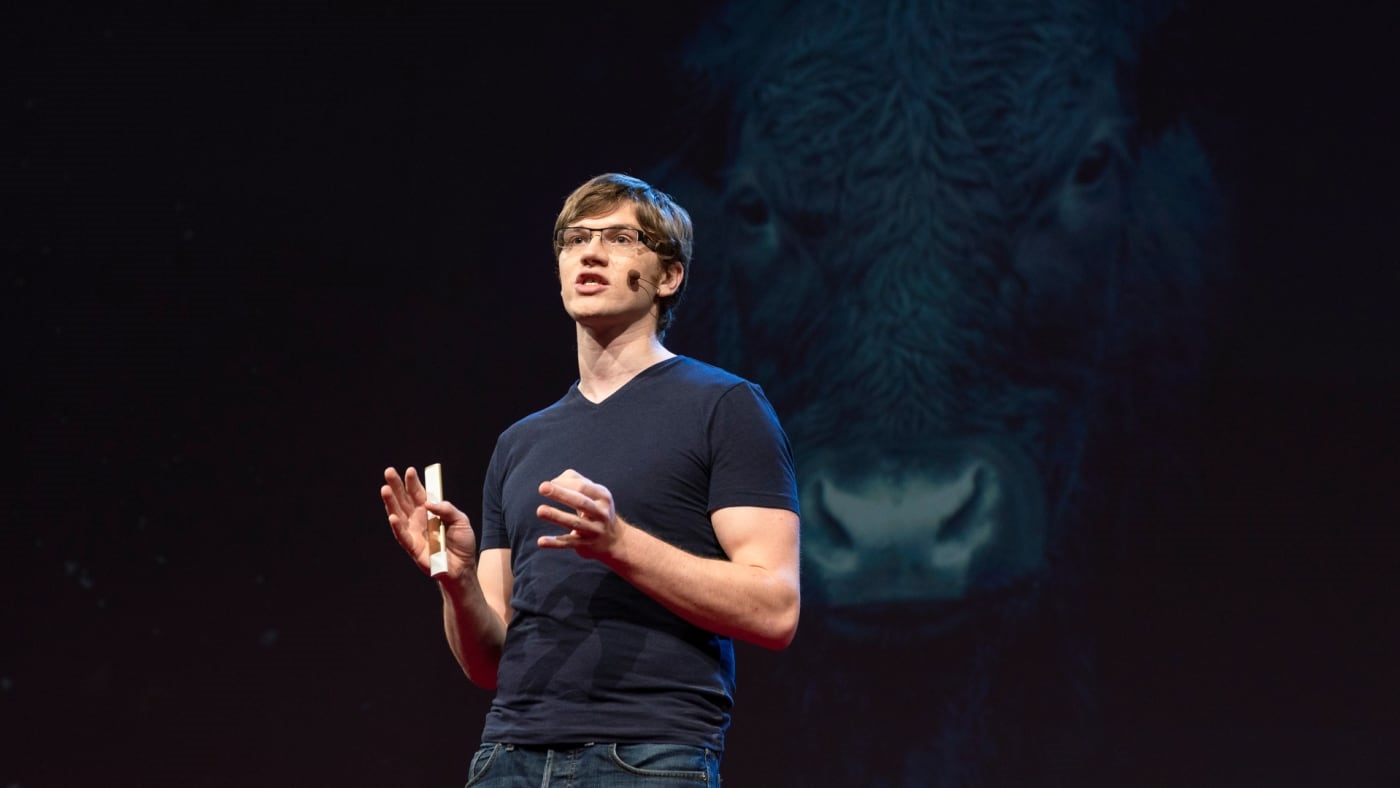If We Want To Save Humanity, We Need To Advocate For The Future
Across the world, we’re confronted with numerous problems. And while it can often feel overwhelming to think about how we’re going to tackle them, the philosopher and author Will MacAskill thinks we’re actually going to be just fine.
The founder of Effective Altruism, during a talk at TED 2018 in Vancouver, says that “in terms of power to change the world, we live in an unprecedented time in human history.” MacAskill’s Effective Altruism approach focuses on figuring out how mankind can optimize its collective resources and capabilities to do the most good. The world’s most pressing problems, he says, are big, solvable, and neglected, and his philosophical strategy uses evidence and careful reasoning to determine which to tackle, and how best to do so.
Take disease. “We actually have an amazing track record in global health,” MacAskill says. Rates of death for measles and diarrheal diseases are down 70%, and the successful eradication of smallpox in 1980 has saved an estimated 60 million lives–“more lives saved than if we had achieved world peace in the same time frame,” he says. World health, then, is an issue that’s solvable, with the right resources and approaches.

Factory farming, and the pain and suffering it causes animals, would be too if we moved it out of the “neglected” category. Currently, efforts to end factory farming receive just $19.9 million per year, versus the $1.2 billion that go to animal shelters–despite the fact that farmed animals radically outnumber pets. Reducing our dependence on factory farming, MacAskill says, comes down to re-allocating our resources.
What he’s not as optimistic about is our ability to tackle truly existential threats like nuclear war and global pandemics. These are unimaginable catastrophes, MacAskill says, and we have largely ignored them as a society. If we continue to, we will bring about “the curtailment of humanity’s future potential.”
“The last two centuries brought tremendous progress, but they also brought about the possibility of nuclear war, global pandemics, and climate change,” he says. These are the issues that hold the greatest threat to humanity’s future. “But future people don’t have a voice today–and that means we spend a paltry amount of resources on these issues,” MacAskill says. Categories like geoengineering, biorisk, nuclear non-proliferation, and the security of artificial intelligence receive only tens of millions of dollars per year, compared to the billions funneled into other issues.
MacAskill suggests that we take a rational look at our resource allocation, and significantly beef up the amount we devote to organizations like the Nuclear Threat Initiative, which works on nuclear non-proliferation strategies, and the Blue Ribbon Study Panel on Biodefense, which aims to build up protections against the threat of targeted infectious diseases.
“By focusing on problems that are big, solvable, and neglected, we can make a difference in the world for years to come,” he says.
(16)



